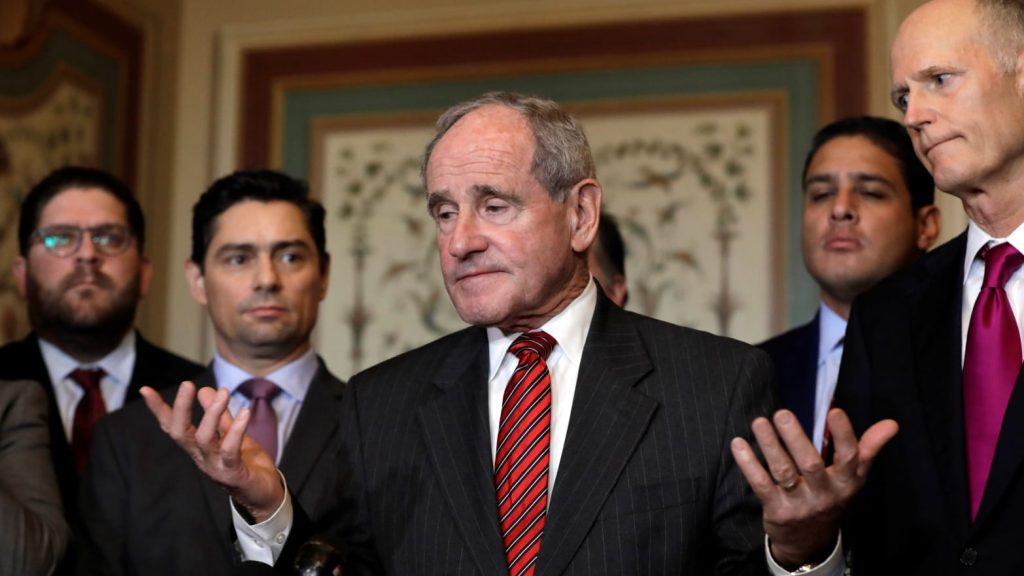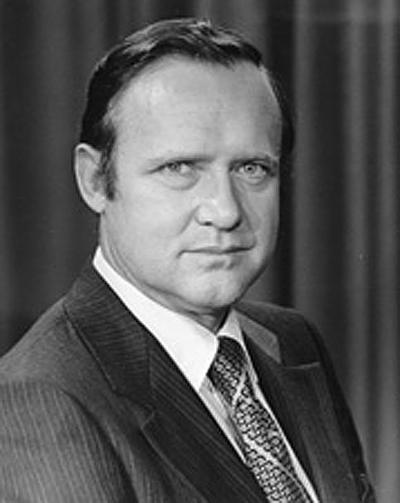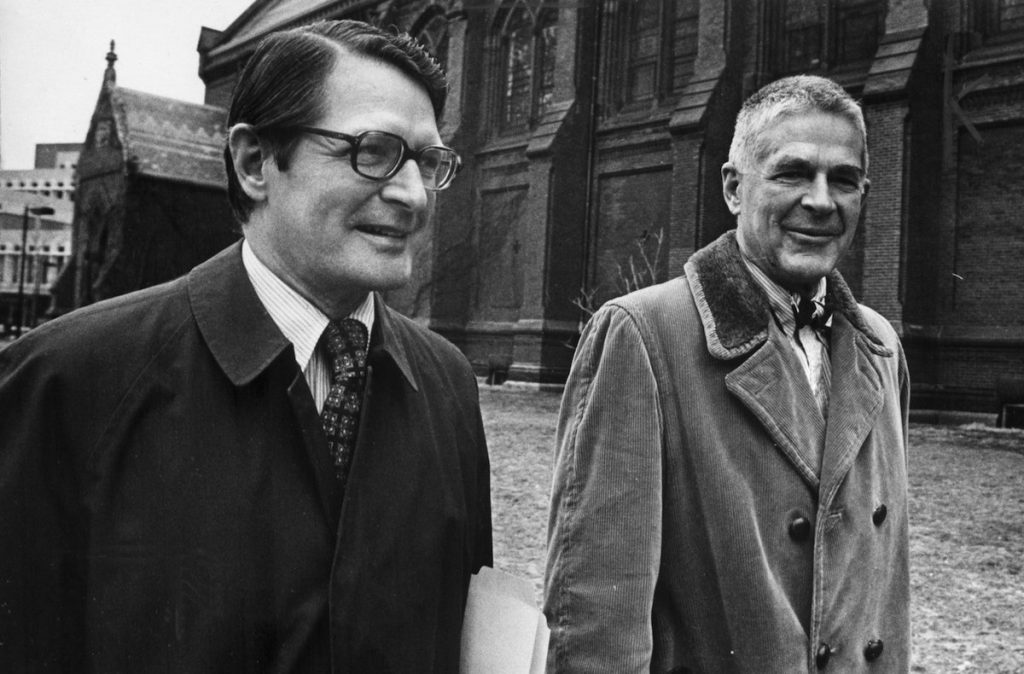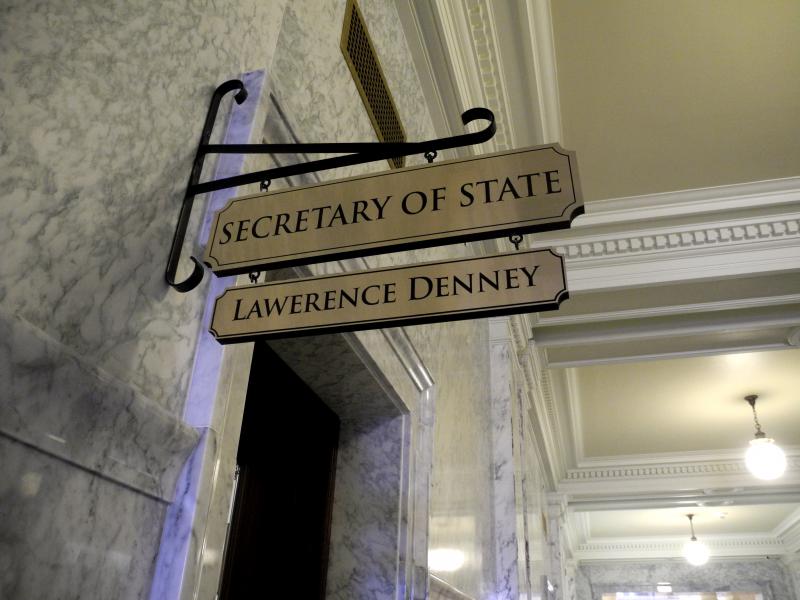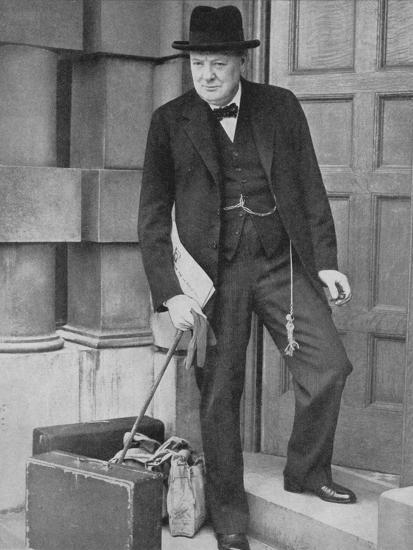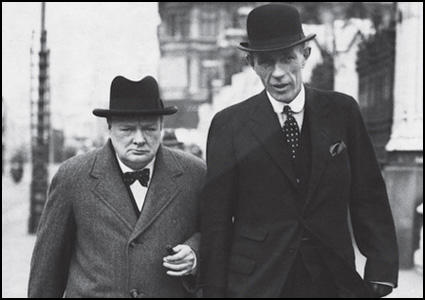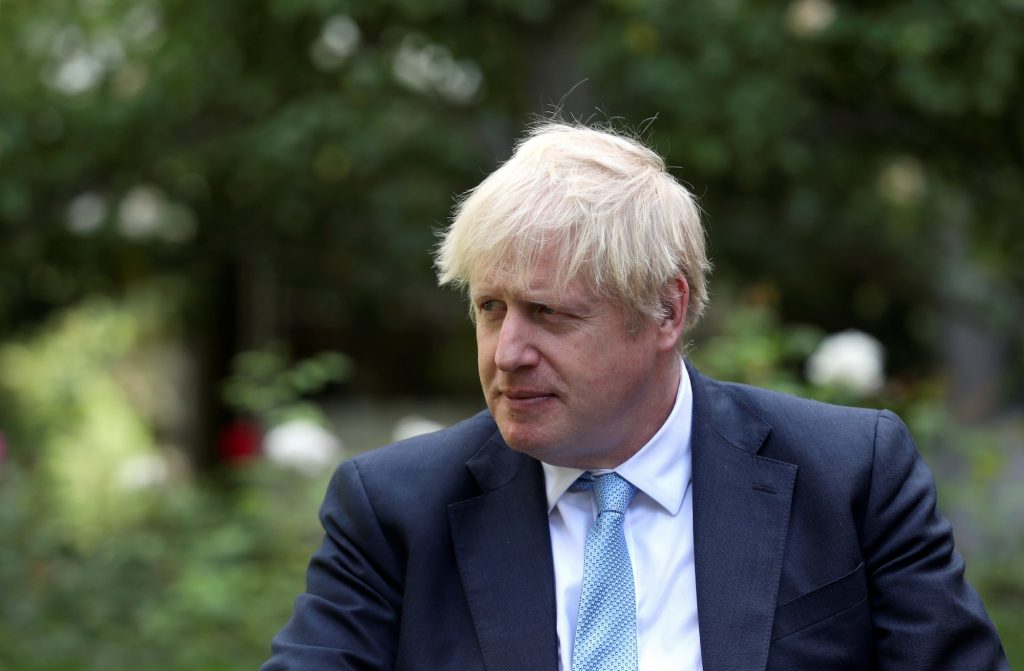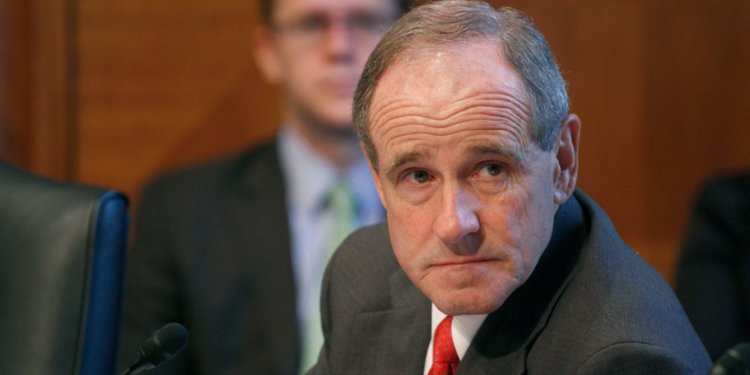The Trump defending Idaho congressional delegation was reminded yet again this week of the dangers involved in shielding a president who can’t tell the truth and won’t let most of his subordinates even try.
Spoiler alert: Defending the president is only going to get more difficult; more difficult by the minute.
An unlikely villain with Pacific Northwest roots emerged fully this week to vastly complicate the calculus for Trump defenders and expand the abuse of power allegations that ensnarl the White House. A widening cast of characters ranging from the Secretary of State to Rudy Giuliani to Roger Stone, a guy who went on trial this week for lying the Congress about interactions with WikiLeaks and Russians in 2016, is now involved in scandal and cover-up.
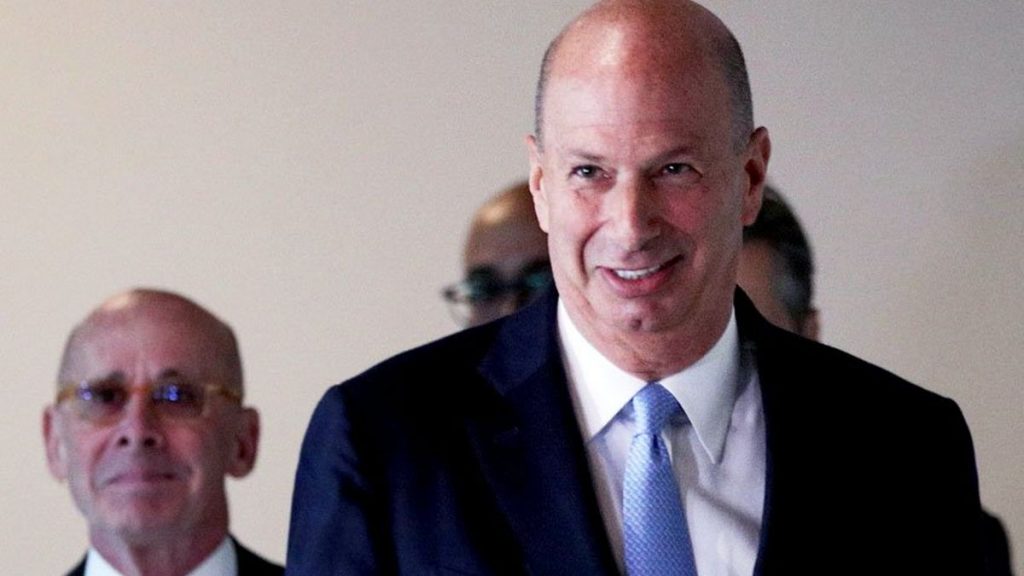
The old Sopranos television series offered a no less motley collection of mountebanks, grifters, crooks and sycophants.
A star witness this week turned out to be a guy named Gordon Sondland, owner of a chain of boutique hotels in Portland and Seattle, who, clearly afraid that he was starring down a perjury charge, told House investigators that he had “refreshed my memory” since first testifying in the Trump impeachment inquiry in October. Sondland is the U.S. ambassador to the European Union.
As Willamette Week’s Nigel Jaquiss wrote, Sondland’s “recollection needed help: The transcript of his initial, October 17 testimony shows Sondland used the phrase ‘I don’t remember’ 36 times and ‘I don’t recall’ another nine times.”
On November 4 Sondland’s memory recovered and he produced revised testimony confirming there was a quid pro quo – better descriptions might include the word extortion – that connected Ukrainian aid to Donald Trump’s desire to see a political opponent, former vice president Joe Biden, investigated by a foreign government. What’s more Sondland admitted he personally delivered the extortion promise.

Republicans will continue to use the “angels on the head of pin” approach to all this by saying Sondland did not specifically connect the quid pro quo to Trump personally. Stay tuned others will make the connection. And make no mistake this is the very definition of abuse of power.
It turns out Sondland is a classic character in Trump World, a transactional namedropper with a fondness for the gaudy and grandiose. Mostly a financial supporter of Republicans, Sondland has also made significant contributions to Democrats, including the Portland mayor who just decided to hand over the $16,000 Sondland gave him to non-profit groups, including ironically one pushing for impeachment.
Sondland originally supported Jeb Bush for president in 2016, but when Trump won the Republican nomination he scrambled to get on the right side. Sondland was scheduled to host a Trump fundraiser in Seattle during the campaign but abruptly pulled out when Trump trashed the family of a Muslim soldier who died in Iraq. It was a momentary speed bump in his plans.
After Trump won Sondland donated a cool $1 million to the inaugural committee and angled for an ambassadorial job and finally landed the plush position at the European Union. The job comes with a nice house in Brussels that Sondland immediately began to redecorate using $1 million of U.S. taxpayer money.
Sondland had, of course, no previous government or diplomatic experience and is demonstrably unqualified for the post he holds. Nevertheless, the Senate confirmed him on a voice vote after a pro forma hearing. It turns out $1 million buys a lot in politics, both prestige and, in Sondland’s case, big trouble.
Since Ukraine is not part of the EU, Sondland’s involvement in the Ukraine affair is almost certainly due to his having expressed undying loyalty to Trump and a willingness to implement the president’s basest desires.
“His behavior in all this tracks perfectly with his personality,” an Oregonian who knows Sondland told me. “He wanted to be relevant to Trump so he made himself useful to Trump and Rudy. He is 100% transactional with no scruples. This all fits.”
Now that Sondland his rolled his quid pro quo hand grenade into the middle of the impeachment investigation, Politico reports that, “Republicans are starting to turn on him.” After speaking to a host of Republican lawmakers about Sondland, Politico said he was variously described as “a lackey, a chest-thumper and a rube. Of course, perhaps that’s because he turned on the president.”
Of course none of this will move the most loyal of Trump defenders, the faction of the Republican Party that former Florida GOP congressman David Jolly calls “spineless politicians rotten to the core without virtue, without any level of human integrity, devoid of self respect … Without courage and without the moral compass to recognize their own malevolence.”
Still the Sondland memory refresh this week vastly complicates the Republican defense of Trump. They’ve tried the argument that the process is unfair, they’ve tried smearing career foreign service officers and career military people, but to defend the president now they must admit that demanding a quid pro quo from a foreign leader in order to influence domestic politics does not constitute corruption and abuse of power. Trouble is it does.

Some Republicans – I’m thinking of Sen. Jim Risch and Rep. Russ Fulcher – will have little trouble justifying such presidential behavior, but what of Sen. Mike Crapo and Rep. Mike Simpson? Are they really willing to go there? Are they willing to sanction presidential behavior they would completely reject if the other party had done it?
Crapo, after all, voted to impeach Bill Clinton for lying about consensual sex. Simpson is a pragmatic institutionalist who you know in your heart of hearts loathes Donald Trump for a host of reasons. Simpson serves in Congress because he wants to do important things not because he enjoys covering for a charlatan who looks more and more like a common crook.
And there will be more, including public testimony soon from William Taylor, a career foreign service officer who has been the U.S. ambassador to Ukraine and whose earlier testimony (under oath) confirmed the quid pro quo.
The day is fast approaching when Idaho’s members of Congress will need to reflect profoundly on the oath they took, hand on the Bible. That oath was to protect and defend the Constitution, not to protect and defend Donald Trump.
—–0—–








